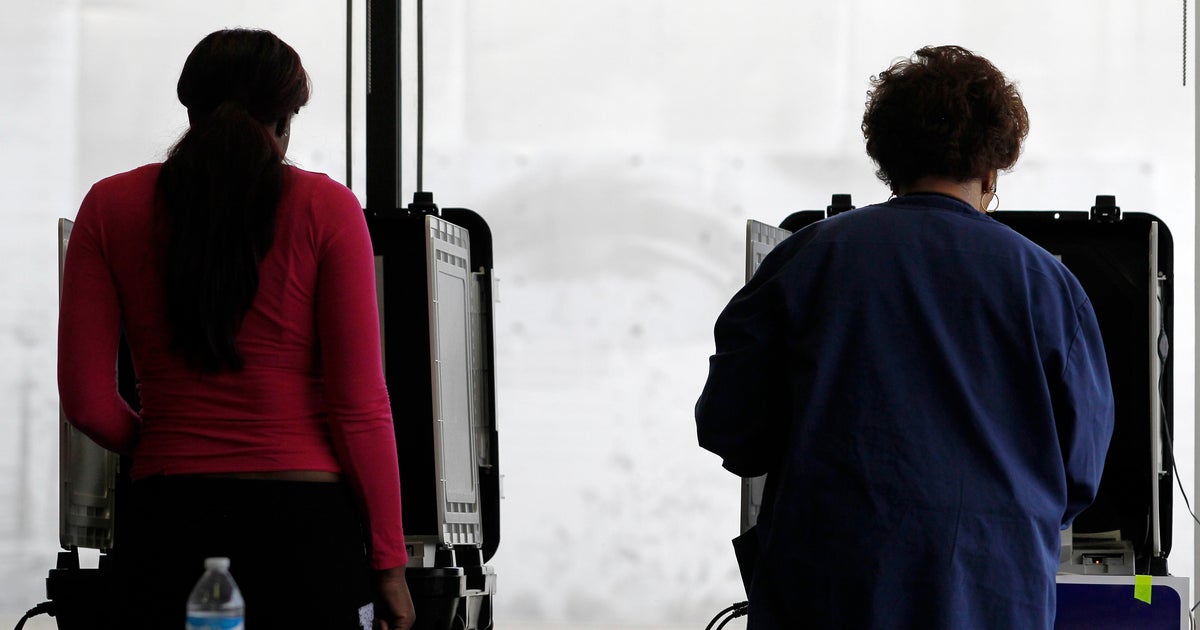Sen. Brown Breaks Party Line In "Don't Ask Don't Tell" Repeal
WASHINGTON, D.C. (CBS/AP) -- Massachusetts Senator Scott Brown is one of eight Republican Senators who broke party lines and voted Saturday to repeal the 17-year policy known as "don't ask, don't tell."
The law will allow gays to serve openly in the military and acknowledge their sexual orientation without fear of being kicked out.
The Senate vote was 65-31. The House had passed an identical version of the bill, 250-175, on Wednesday.
Senator John Kerry also voted in support of the repeal.
WBZ News Radio's Art Cohen talks with Kara Suffredini, Executive Director, MassEquality
Podcast
Obama was expected to sign it next week, although the change wouldn't take immediate effect. The legislation says the president and his top military advisers must certify that lifting the ban won't hurt troops' fighting ability. After that, there's a 60-day waiting period for the military.
"It is time to close this chapter in our history," Obama said in a statement after a test vote cleared the way for final action. "It is time to recognize that sacrifice, valor and integrity are no more defined by sexual orientation than they are by race or gender, religion or creed."
More than 13,500 service members have been dismissed under the 1993 law.
Sen. John McCain, Obama's GOP rival in 2008, led the opposition. The Arizona Republican acknowledged he didn't have the votes to stop the bill and he blamed elite liberals with no military experience for pushing their social agenda on troops during wartime.
"They will do what is asked of them," McCain said of service members. "But don't think there won't be a great cost."
WBZ News Radio's Art Cohen talks with Kris Mineau, President, Massachusetts Family Institute
Podcast
In addition to Sen. Brown, the Republicans who broke party lines are Sens. Susan Collins and Olympia Snowe of Maine, Lisa Murkowski of Alaska, George Voinovich of Ohio, Mark Kirk of Illinois, Richard Burr of North Carolina, and John Ensign of Nevada.
Advocacy groups who lobbied hard for repeal hailed the vote as a significant step forward in gay rights. The Servicemembers Legal Defense Network called the issue the "defining civil rights initiative of this decade."
Supporters of repeal filled the visitor seats overlooking the Senate floor, ready to protest had the bill failed.
"This has been a long fought battle, but this failed and discriminatory law will now be history," said Joe Solmonese, president of the Human Rights Campaign.
The Pentagon study found that two-thirds of service members didn't think changing the law would have much of an effect. But of those who did predict negative consequences, a majority were assigned to combat arms units. Nearly 60 percent of the Marine Corps and Army combat units, such as infantry and special operations, said in the survey they thought repealing the law would hurt their units' ability to fight.
The Pentagon's uniformed chiefs are divided on whether this resistance might pose serious problems.
Marine Corps Commandant Gen. James Amos has said he thinks lifting the ban during wartime could cost lives.
"I don't want to lose any Marines to the distraction," he told reporters this week. "I don't want to have any Marines that I'm visiting at Bethesda (Naval Medical Center) with no legs be the result of any type of distraction."
Adm. Mike Mullen and Marine Gen. James Cartwright, the chairman and vice chairman of the Joint Chiefs of Staff, respectively, have said the fear of disruption is overblown. They note the Pentagon's finding that 92 percent of troops who believe they have served with a gay person saw no effect on their units' morale or effectiveness.
Among Marines in combat roles who said they have served alongside a gay person, 84 percent said there was no impact.
(TM and © Copyright 2010 CBS Radio Inc. and its relevant subsidiaries. CBS RADIO and EYE Logo TM and Copyright 2010 CBS Broadcasting Inc. Used under license. All Rights Reserved. This material may not be published, broadcast, rewritten, or redistributed. The Associated Press contributed to this report.)







